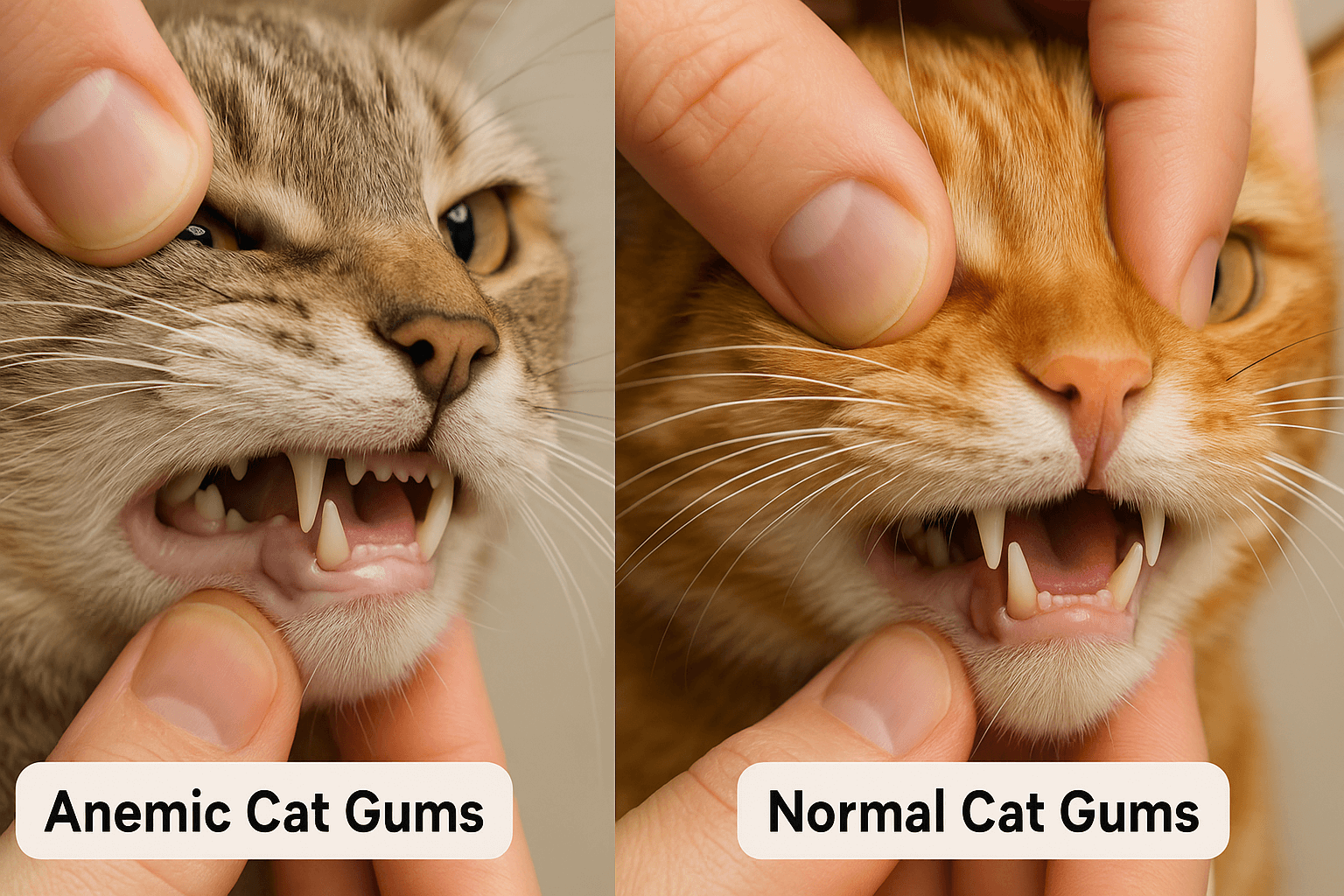Can You Give a Dog Albuterol? What Every Pet Owner Needs to Know
As a dog owner, it’s natural to want to help your furry friend when they’re struggling with breathing issues. If you’ve ever wondered, “Can you give a dog albuterol?” you’re not alone. Albuterol, commonly used in humans to treat asthma and other respiratory conditions, may seem like a quick fix for a dog in distress. However, giving human medications to pets without proper guidance can be risky and even dangerous. In this blog post, we’ll explore the safety of albuterol for dogs, its potential uses, risks, and alternatives. By understanding the facts, you can make informed decisions about your dog’s health and ensure they receive the care they need.
Is Albuterol Safe for Dogs? Key Facts to Consider
While albuterol is sometimes prescribed by veterinarians for specific conditions, it is not a medication that should be given to dogs without professional advice. Here are some important points to consider before administering albuterol to your dog:
Albuterol is a bronchodilator designed to relax airway muscles in humans
It may be prescribed by vets for dogs with severe respiratory issues, but only under strict supervision
Incorrect dosing can lead to serious side effects, including heart palpitations or tremors
Not all respiratory conditions in dogs respond to albuterol
Over-the-counter albuterol inhalers are formulated for humans and may not be safe for dogs
The bottom line is that albuterol can be helpful in certain cases, but only when prescribed and monitored by a veterinarian. Never attempt to use it on your own, as the risks outweigh the benefits without proper guidance.
Potential Risks of Giving Albuterol to Dogs
Administering albuterol to a dog without veterinary approval can pose significant risks. Even when prescribed, improper use can lead to complications. Here are some potential dangers associated with giving albuterol to dogs:
Increased heart rate or irregular heartbeat
Nervousness, restlessness, or anxiety
Muscle tremors or shaking
Vomiting or diarrhea as a reaction to the medication
Difficulty breathing if the dosage is too high
These risks highlight why it’s crucial to consult a veterinarian before considering albuterol for your dog. Always prioritize professional advice over self-treatment to ensure your pet’s safety.
Check this guide 👉Can You Give a Dog a Laxative? Best 7 Expert Tips!
Check this guide 👉How Much Furosemide Can I Give My Dog? Best 7 Tips!
Check this guide 👉Understanding Ivermectin Dog Dosage: Best 7 Health Tips!

When Albuterol May Be Used for Dogs | Risks and Side Effects to Watch For |
|---|---|
Severe asthma or bronchitis | Increased heart rate |
Collapsing trachea | Muscle tremors |
Allergic reactions causing airway swelling | Restlessness or anxiety |
Chronic obstructive pulmonary disease | Vomiting or diarrhea |
Emergency respiratory distress | Difficulty breathing |
Alternatives to Albuterol for Dogs with Breathing Issues
If your dog is experiencing respiratory problems, there are safer and more appropriate alternatives to albuterol that a veterinarian might recommend. These options are tailored to address specific conditions while minimizing risks. Here are some alternatives to consider:
Oxygen therapy for immediate relief during respiratory distress
Steroids to reduce inflammation in the airways
Antihistamines for allergic reactions affecting breathing
Antibiotics if a bacterial infection is causing respiratory issues
Nebulizer treatments with medications specifically formulated for dogs
These alternatives are designed to target the root cause of your dog’s breathing issues while ensuring their safety. Always work with your vet to determine the best course of action.
Signs Your Dog May Need Veterinary Attention for Breathing Issues
Recognizing the signs of respiratory distress in dogs is critical for getting them the help they need. If you notice any of the following symptoms, it’s time to contact your veterinarian immediately:
Persistent coughing or wheezing
Labored or rapid breathing
Blue gums or tongue, indicating a lack of oxygen
Lethargy or difficulty staying active
Open-mouth breathing in cool weather
Early intervention can prevent serious complications and ensure your dog receives the appropriate treatment. Don’t wait until symptoms worsen—seek help at the first sign of trouble.
How to Prevent Respiratory Issues in Dogs
Prevention is always better than cure, especially when it comes to your dog’s respiratory health. By taking proactive steps, you can reduce the risk of breathing problems and ensure your dog stays healthy. Here are some tips to help prevent respiratory issues:
Keep your home free of smoke, strong perfumes, and other irritants
Use a humidifier during dry seasons to maintain optimal air moisture
Avoid exposing your dog to extreme temperatures or poor air quality
Regularly clean your dog’s bedding and living area to minimize allergens
Schedule routine vet check-ups to catch potential issues early
By implementing these preventive measures, you can create a safer environment for your dog and reduce the likelihood of respiratory problems. A little effort goes a long way in safeguarding their well-being.
Breeds Prone to Respiratory Problems
Certain dog breeds are more susceptible to respiratory issues due to their anatomy or genetic predispositions. If you own one of these breeds, it’s important to be extra vigilant about their breathing health. Here are some breeds that are more prone to respiratory problems:
Brachycephalic breeds like Bulldogs, Pugs, and Shih Tzus
Small breeds such as Chihuahuas and Yorkshire Terriers
Larger breeds like Greyhounds and Doberman Pinschers
Working dogs like Boxers and Labrador Retrievers
Mixed-breed dogs with flat faces or narrow nostrils
Understanding your dog’s breed-specific risks allows you to take preventive action and monitor their health closely. Early intervention can make all the difference in managing these conditions effectively.
Steps to Take During a Respiratory Emergency
If your dog experiences a sudden respiratory emergency, staying calm and acting quickly can save their life. Knowing what to do in these situations is crucial for ensuring your dog gets the care they need. Here are the steps to follow:
Move your dog to a cool, well-ventilated area immediately
Keep them calm and avoid unnecessary physical activity
Check for obstructions in their mouth or throat if they’re struggling to breathe
Contact your veterinarian or an emergency clinic right away
Follow any instructions provided by the vet while transporting your dog
Being prepared for emergencies ensures you can respond effectively and give your dog the best chance of recovery. Quick action and professional care are key to overcoming respiratory distress.
FAQ
Can I use my albuterol inhaler for my dog in an emergency?
No, human albuterol inhalers are not safe for dogs without veterinary guidance. Always consult a professional before using any medication.
What should I do if my dog accidentally ingests albuterol?
Contact your veterinarian or an animal poison control center immediately for advice.
Are there dog-friendly inhalers available?
Yes, veterinarians can prescribe specialized inhalers designed for dogs with respiratory conditions.
How do vets diagnose respiratory issues in dogs?
Vets may use x-rays, blood tests, or physical exams to determine the underlying cause of breathing problems.
Can albuterol overdose occur in dogs?
Yes, an overdose can lead to severe side effects like heart arrhythmias or seizures. Seek emergency care if this occurs.
Conclusion: Prioritize Professional Guidance for Your Dog’s Health
When it comes to managing your dog’s respiratory health, the question “Can you give a dog albuterol?” has a clear answer: only under veterinary supervision. While albuterol may be beneficial in specific cases, the risks of improper use far outweigh the potential benefits. By staying informed, recognizing the signs of respiratory distress, and seeking professional advice, you can ensure your dog receives the safest and most effective care. Remember, your veterinarian is your greatest ally in keeping your furry friend healthy and happy. With their guidance, you can navigate any health challenges and provide your dog with the love and support they deserve.
Giardia in Cats: Best 7 Expert Tips! Discover expert advice on identifying, treating, and preventing giardia in cats to ensure your feline stays happy and healthy.
Cat Hyperventilating: Best 7 Expert Tips! Discover signs, causes, and solutions for cat hyperventilation. Learn how to calm your cat and when to seek veterinary care for their breathing issues.
Anemic Cat Gums vs Normal: Best 7 Expert Tips! Learn to spot signs of anemia in cats, understand gum health, and ensure your feline stays happy and healthy with expert advice.
Himalayan Cat Size: Best 7 Expert Tips! Discover expert advice on Himalayan cat size, growth factors, care tips, and how to ensure your feline stays healthy and happy.





